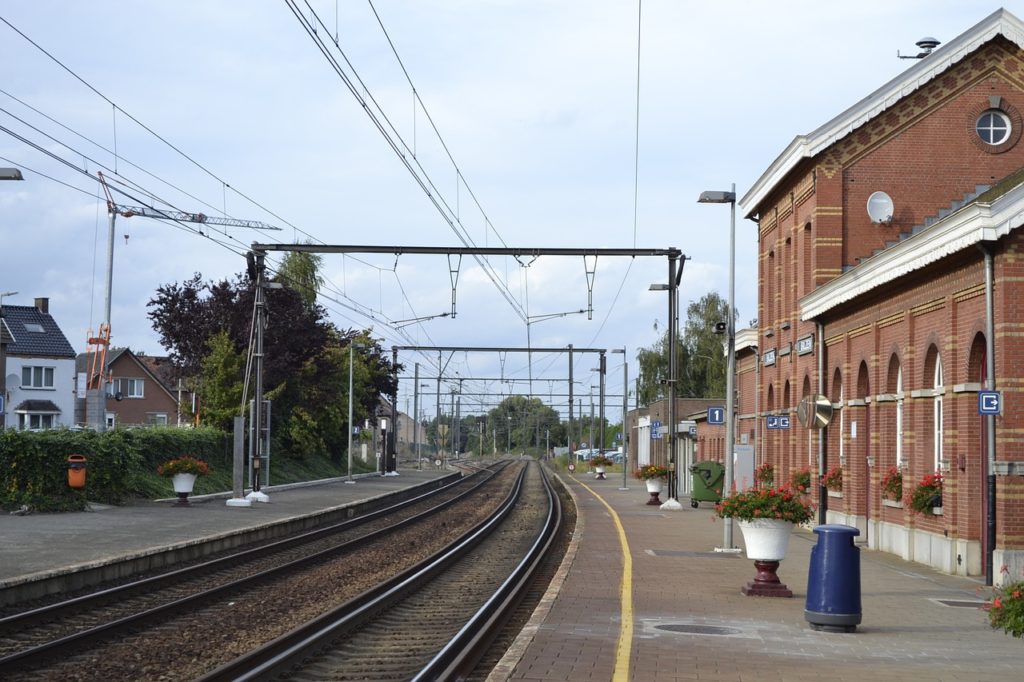The national rail authority SNCB and rail infrastructure company Infrabel have promised to take measures to improve train time-keeping, after yet another set of disappointing figures were revealed to the parliament's infrastructure committee. The hearing was attended by SNCB CEO Sophie Dutordoir and Infrabel chief executive Luc Lallemand. However figures in their possession and not revealed to MPs paint an even more depressing picture.
According to the latest figures, the punctuality of Belgium's trains fell last year, for the third year in a row, to 87.2%. However the official figures are doctored so as to be very misleading.
According to the rail authority, a train is only late if it arrives six minutes or more after its due time. In other words a train may be late by 5.50 and not be considered late at all, regardless of how many of its passengers may have missed a transport connection as a result.
In the case of Brussels, the calculation is even more confusing. If a train travelling from Ghent, say, arrives just under six minutes late at Gare du Midi – the first Brussels station on its journey – then it will not be considered late, even if it is later still by the time it reaches the Gare du Nord via the notorious North-South bottleneck.
On the other hand, taking the definition of lateness any normal person would employ, an internal report compiled for the SNCB and obtained by De Tijd newspaper shows that overall, fewer than half of all trains – 49.1% across the day – were on time in 2018. At peak times the situation is worse: between 0600 and 0900, when most travellers care most about being on time, only 40.7% of trains arrived on time.
In the evening things are at their worst, with 39.7% of trains on time. Six out of ten trains are late to some extent or other. It may only be a couple of minutes, but that's cold comfort to passengers whose bus home has departed without them.
According to the official figures, the SNCB was responsible for 30.7% of delays, including causes such as faulty rolling stock, drivers passing signals at red and communication between the two arms of the service; Infrabel is responsible for 23.6% of delays, because of crossings, points and overhead cables. A growing number of incidents involving third parties, now 4.2%, includes people walking on the tracks, suicides and accidents and cable thefts.
Alan Hope
The Brussels Times

